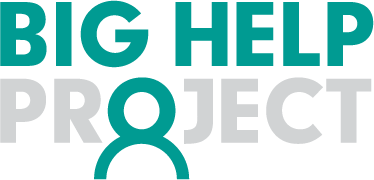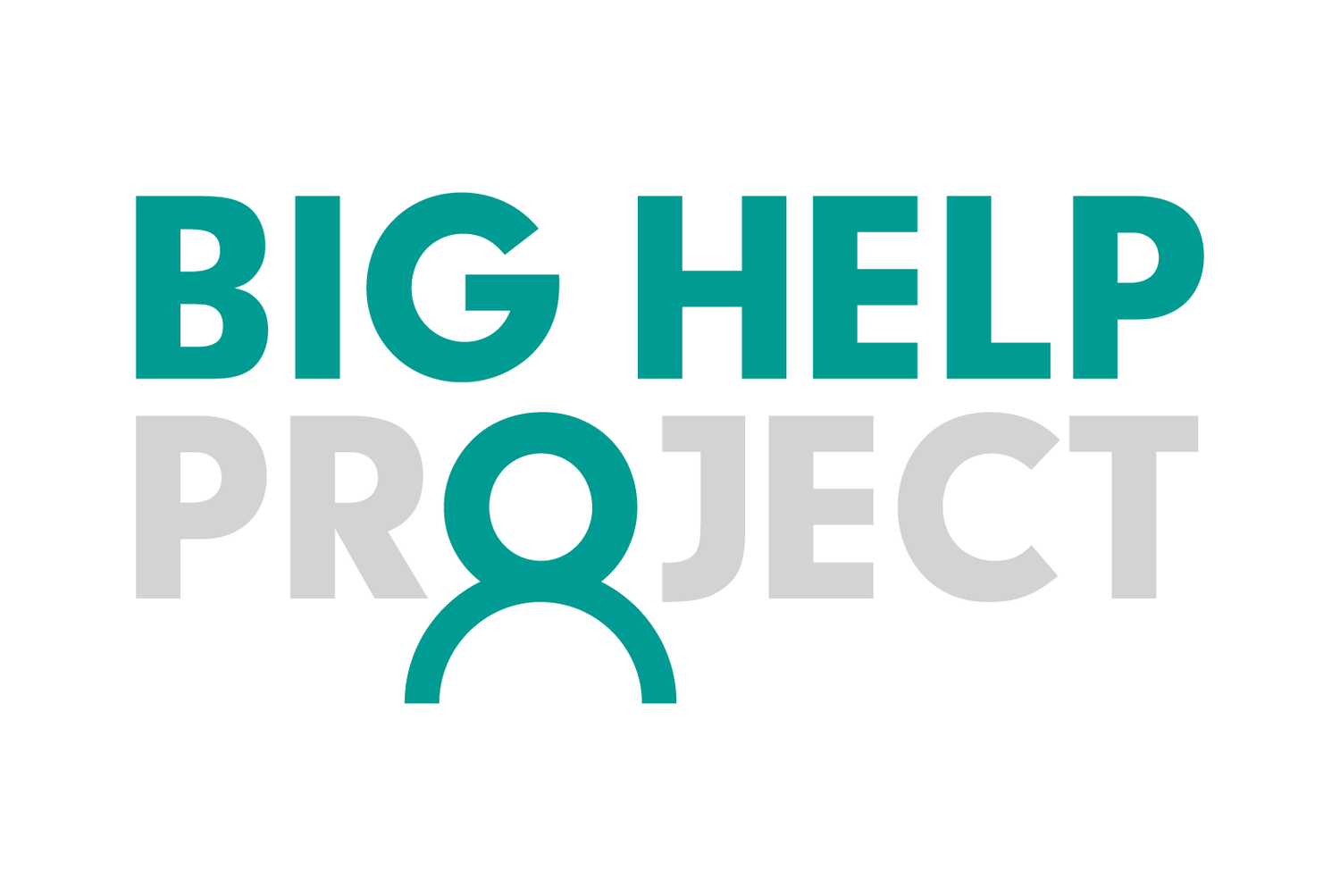Fuel Poverty Awareness Day
Friday 2nd December is National Energy Action's Fuel Poverty Awareness Day. Amid the energy crisis it is needed more than ever.
Fuel poverty in England is measured using the Low-Income Low Energy Efficiency (LILEE) indicator. Under this indicator, a household is considered to be fuel poor if one, they are living in a property with a fuel poverty energy efficiency rating of band D or below. Or if when they spend the required amount to heat their home, they are left with a residual income below the official poverty line. There are 3 important elements in determining whether a household is fuel poor, the household income, household energy requirements, and finally… fuel prices. As we already know, the average bill has almost doubled since this time last year – from £1,271 to £2500 and it’s set to rise to £3,000 a year on average from April and the universal £400 worth of support that was paid to all households in winter 2022 will be withdrawn. This will still leave extraordinarily high numbers of vulnerable families exposed to fuel poverty
Over one million young families in England will be in fuel poverty by spring, with almost 200,000 more households with young children will be pushed into financial trouble. Almost 4 million families will need to be spending just under a third of their income on energy to keep warm, a completely unsustainable proposition given the costs of housing, food and other essentials; and seven in 10 pensioners are forecast to be experiencing fuel poverty by next April.
If you’re living in fuel poverty, you’re much more likely to live in a cold home and/or live somewhere with poor energy efficiency, which is linked to inadequate insulation and damp living conditions. But, energy pricing has become a far greater issue for many than your typical wall condensation. In general, fuel poverty relates to households that must spend a high proportion of their household income to keep their home at a reasonable temperature. Now that energy prices are so high, even fewer people are able to affordably heat their homes.
Cold homes are bad for your health. They can make pre-existing conditions worse, lead to new health conditions and even cause premature death. Some health problems associated with living in a cold home include, a higher chance of getting a respiratory infection and bronchitis, stress on the cardiovascular system, making asthma symptoms worse, or causing asthma to develop. And an increased risk of mental health problems.
Half of households in the poorest fifth of the income distribution will still be facing energy bills of more than £1,000 more than they did in 2022. This extra £1,000 is not money they can afford; so many of these individuals are already living in impossible circumstances, facing choices between keeping their homes warm or putting food on the table for their children, forced to rely on food banks because they can’t afford basic essentials. It is the poorest households who face some of the highest prices as well as a result of having to rely on prepaid energy meters and to shop in smaller and more expensive food shops because they have no transport to get to cheaper supermarkets.
The situation facing Britain’s least affluent families next year is an economic emergency. More children, pensioners and people with disabilities will be living in abject fuel poverty, in freezing homes, with long-term consequences for their health.
"Fuel poverty isn't just a nuisance it's a killer.
Last year there were 70 excess winter deaths in Knowsley, 60 excess winter deaths in Liverpool West Derby. and 30 excess winter deaths in Sefton Central [NEA from UK gov.].
Big Help tries to reduce fuel poverty by providing debt and welfare advice, supporting local authority initiatives around fuel grants and emergency payments and through our food banks and food clubs. Plus, our charity shops can provide extra warm clothing cheaply.
This winter Big Help are providing winter-warm locations across North Merseyside where you can get warm inside and we have survival packs to help."
Big Help Project has set up a number of warm hubs around the Liverpool City Region in aid of those who need a warm place to spend a few hours.
Warm hub locations and times:
Croxteth Family Matters
Croxteth & Gilmore Community Federation, 35 Moss Way, Liverpool L11 0BL
Thursday: 9am-3:30pm
Friday: 9:30am-12:30pm
YogaNation
Yoga Nation, 75-79 County Rd, Liverpool, L4 3QD
Monday: 12:30pm-4:30pm
Wednesday: 12:30pm-4:30pm
Friday: 12:30pm-4:30pm
Hope House
212H Boaler Street, Kensington, Liverpool, L6 6AE
Weekdays: 10am-4pm
The Drive
235A Finch Lane, Knotty Ash, Liverpool L14 4AE
Weekdays: 10am-4pm

